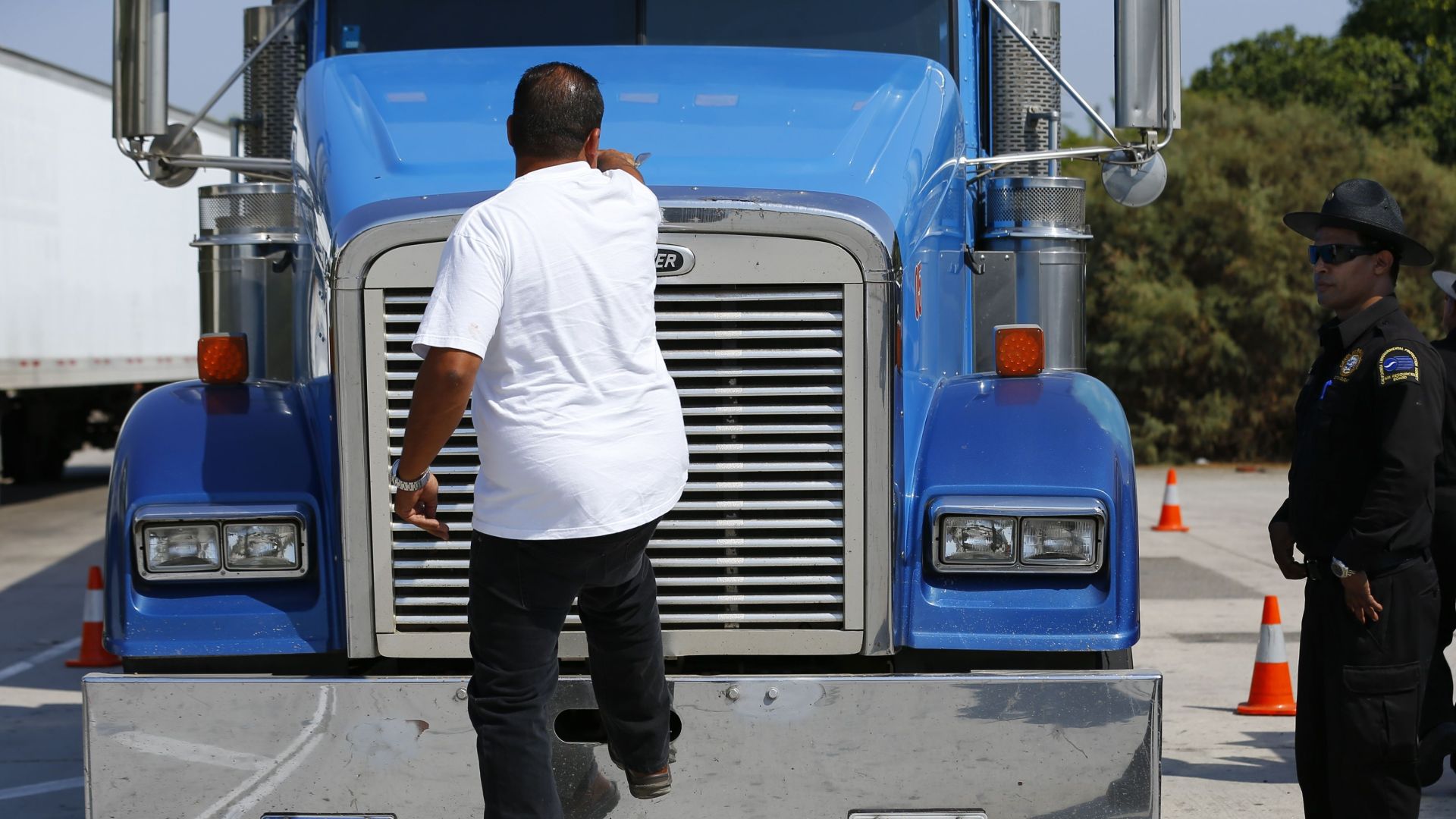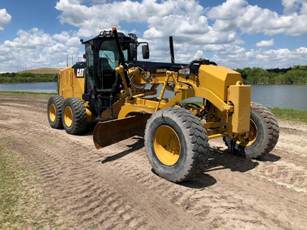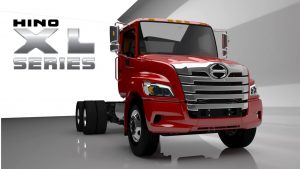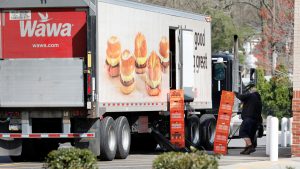795 Trucking Companies Failed In 2019 – Last year was a challenging one in the trucking industry – with hundreds of companies failing throughout the year – and experts are mixed about what’s in store in 2020.
Brian Fielkow, president of multimillion-dollar trucking and logistics company Jetco Delivery, told FOX Business that he is extremely optimistic about the coming year, thanks to a “perfect storm” of a healthy economy, freight demand and new trade agreements.
“There’s a scenario where it could be as robust, or more, than 2018,” Fielkow said. “Even if freight volumes don’t improve materially from 2019, it’s going to be less trucks chasing the freight.”
He did note, however, that it may not be strong straight out of the gate in the first quarter.
At least 795 trucking companies failed in 2019, with 24,000 trucks removed from the nation’s capacity, according to Donald Broughton, principal and managing partner of data firm Broughton Capital.
In addition to the Celadon Group bankruptcy, other big companies that went under include New England Motor Freight, which employed more than 1,400 drivers, HVH Transportation, Falcon Transport and LME.
The company failures were the result of overcapacity in the market, thanks to the stellar year the industry had in 2018. When demand sagged last year, it drove prices down, making it challenging for weaker companies to continue operating.
Fielkow believes much of the correction in the market has already happened but said supply will continue to be challenged.
John Kearney, president and CEO of Advanced Training Systems, told FOX Business he expects small truckers will continue to struggle and go out of business in 2020.
“The economy for the small companies is not good,” Kearney said. “Large companies are going to hurt, but they’ll be able to pull through.”
Kearney expects the spot market to remain weak, which tends to weigh heavily on smaller companies. Like last year, failures could be especially prevalent among companies with higher levels of debt.
RELATED: Empty Containers Affect Truckers
Additionally, Kearney noted small companies will be faced with rising costs from a number of new regulations, including new requirements for training and better gas mileage.
Both Kearney and Fielkow cited significant increases in insurance costs as a headwind – with some companies unable to obtain coverage at all.
They also both expect it to continue to be challenging to hire qualified drivers.
Taking all of those factors into consideration, Kearney believes that even if the economy is good for larger companies, they will be weighed down.
The industry is also keeping a close watch on trade developments.
“Tariffs, and the destruction of trade flows that they result in, are one of the single largest exogenous economic factors negatively affecting all modes of transportation,” Broughton said in a note to FOX Business.
However, progress on the USMCA and a phase one trade deal with China could signal positive movement on that front.
“The more we get out of this gridlock with trade I think you’re going to see demand increase,” Fielkow said. “I think you’re going to see supply stay lower.”





